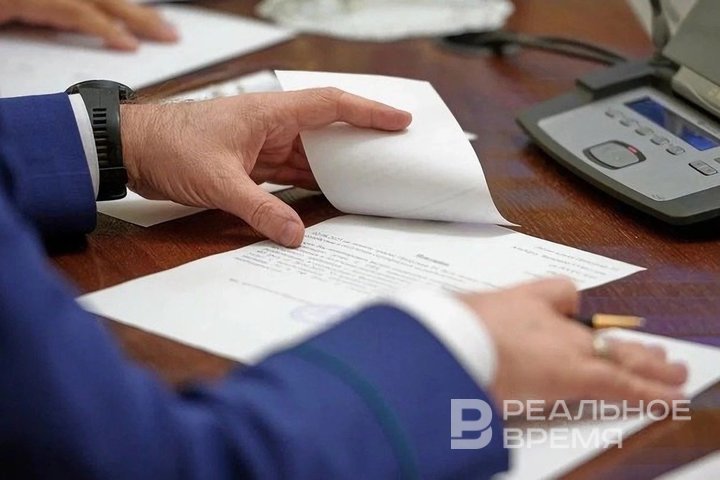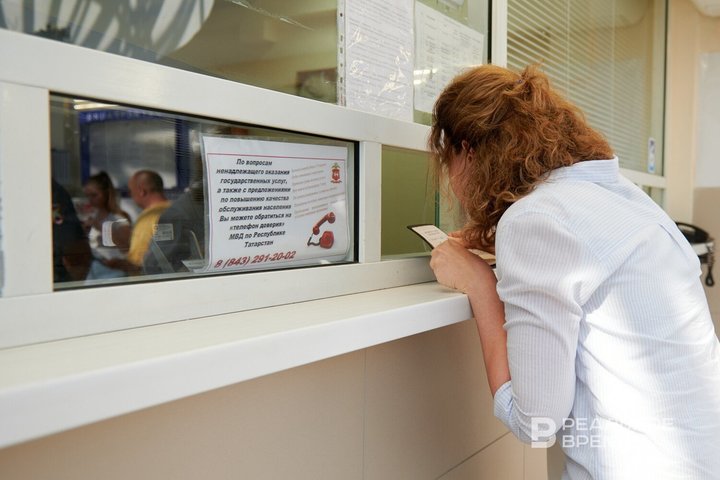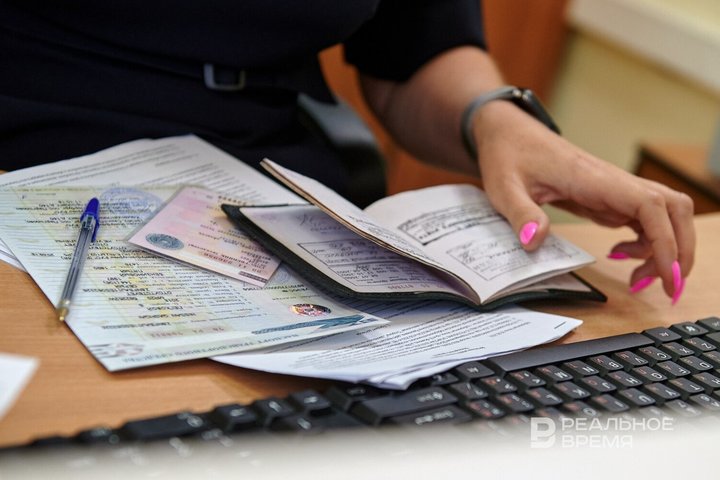Tax ‘purge’ at 20 million: Tatarstan wants to 'forgive' the arrears of 16k its residents

“If we launch this mechanism, we will relieve the tax authorities in the work of writing off bad debts. Now there are more than 500 thousand debtors in the republic, and we will write off only 16.2 thousand for a small part," Leonid Yakunin, the head of the budget committee, urged to vote for the new republican bill on “tax amnesty”. It proposes to introduce a simplified write-off of hopeless arrears for the dead, and for the living — to write off the “delay” in the amount of up to 500 rubles, sole proprietors and organisations can count on zeroing debts on regional taxes, which were cancelled before January 1, 2024. The head of Tatenergosbyt, Rifnur Suleymanov, opposed it, believing that there will definitely be “misers” who will artificially accumulate debts in order to write off in 3 years.
Attraction of unprecedented generosity: tax authorities ask to write off debts
Something incredible was happening at the morning meeting of the Budget Committee of the State Council of the Republic of Tatarstan. Tax officials, together with the Tatarstan Ministry of Finance, persuaded parliamentarians to allow them to independently write off overdue debts of Tatarstan citizens on transport, property taxes and other payments that have accumulated since 2018.
The head of the Budget Committee, Leonid Yakunin, submitted for discussion the draft law “On establishing additional grounds for declaring debts uncollectible in terms of amounts of regional taxes," which caused a lot of heated debate. After all, until now, the Federal Tax Service of the Republic of Tatarstan has shown unprecedented meticulousness towards debtors, presenting an amount for repayment to the nearest penny, which is why people were sometimes detained when flying to foreign countries.
And suddenly the tax authorities themselves ask to write off all bad debts of several tens of millions without going through mandatory court procedures. Where does such generosity come from?

Debts to the deceased, individuals up to 500 rubles and sole proprietors will be reset
Presenting the bill, the head of the Budget Committee, Leonid Yakunin, explained that arrears, arrears on penalties and fines, whose recovery proved impossible, are considered hopeless for collection. This rule is laid down in Article 59 of the Tax Code of the Russian Federation, which allocates three years for compulsory debt collection.
At the same time, the regions themselves have the right to introduce additional grounds for recognising bad debts, but only for regional taxes. The draft law defines three categories of debtors to whom obligations will be “reset” automatically. Firstly, these are deceased or declared dead citizens whose inheritance was refused by relatives or did not enter into inheritance within one year from the date of opening. Secondly, the debt owed by organisations or individual entrepreneurs for regional taxes cancelled before January 1, 2024 is subject to write-off. Thirdly, the arrears of individuals on transport and property taxes are reset, but in the amount of no more than 500 rubles.
According to the Federal Tax Service of the Republic of Tatarstan, 16.2 thousand debtors fall under the Tatarstan “tax amnesty”. Their debt is about 20 million rubles. In a word, it's a trifle, but it's nice. Only two regions had adopted such acts before, Yakunin said.
It's not worth the bother
The need for automatic debt cancellation was explained by the representative of the Federal Tax Service of the Republic of Tatarstan by the fact that government spending would exceed the likely income. According to her calculations, 592 rubles will be required to recover every 500 rubles (this is filing a statement of claim, participating in court, obtaining a court order). Moreover, the state cannot shift these costs to the debtor. In total, 9 million rubles will have to be spent, not counting the work of the courts. “We spend 9 million rubles with a probability of recovery of 1.4 million rubles," she said. She also added that there are “many individuals in the republic who have only one housing”, and according to the law on enforcement proceedings, bailiffs cannot foreclose property.

“Dirty” bases of the tax authorities
Most of the debt of citizens was formed by the transport tax. According to Leonid Yakunin, the reason for the disorder is that by the time it was introduced in 2004, there was no single database of vehicle owners in the country, and each region charged payments based on its own database. But as soon as the owner sold the car to another region, the debts still remained with the former owner. “Previously, they sold vehicles by proxy. The buyer moved to another region, but the tax was charged here, and it was paid there," Yakunin explained. To confirm this confusion, he cited figures. According to him, since the introduction of the transport tax, 51.3 billion rubles have been accrued to the budget of the Republic of Tatarstan, and 49.1 billion rubles have been received. And the debt of 2.34 billion rubles continues to “hang” on the accounts. “This suggests that the tax service still has a dirty owner base. He instructed the tax authorities to sort it out.

The “dirty base” remains for property taxes. For example, there is no single database for small vessels and self-propelled vehicles. “If someone sold a motorboat somewhere and bought it in another area, it turns out to be an overlay again," said Leonid Yakunin, who himself turned out to be a “victim” of confusion: “I'll tell you about myself. In two places, I pay for a non-existent motorboat, which I sold and issued through GIMS a long time ago, but it turns out I still have to because of the “disparate base," he complained. His colleague added that imaginary debts should be excluded, since because of this people cannot receive subsidies and social support measures.
The Ministry of Finance of the Republic of Tatarstan is also set to automatically write off. “This amount is hopeless to recover. Indeed, it is too expensive to spend 592 rubles for each collection in the amount of 500 rubles. I do not see any economic feasibility," said Deputy Finance Minister of the Republic of Tatarstan Alla Anfimova.
It's unfair: someone has to pay, and someone is written off
It's not worth the bother. But not all deputies so easily agreed with the arguments of the financiers. Thus, the head of Tatenergosbyt, Rifnur Suleymanov, himself a former deputy finance minister of the Republic of Tatarstan, fears that a negative precedent will be created, people will not want to pay their bills, knowing that they can be forgiven. “One grandmother told me: I pay 400 rubles [for the bill], and in the next apartment you write off debts after 3 years. No matter how it turns out, then the debt up to 1 thousand rubles will not be paid. They will bring it to this [3 years] — and that's it, no one will charge," he complained.

Communist Party Deputy Fadbir Safin also doubted. “The categories are not specified specifically. What kind of individuals are they?" he pointed out the vagueness of the wording. “If we launch this mechanism, we will relieve the tax authorities in the work of writing off bad debts. Now there are more than 500 thousand debtors in the republic, and we will write off only 16.2 thousand for a small part," Leonid Yakunin, the head of the budget committee, urged to vote for the new republican bill on “tax amnesty”. As a result, the majority voted in favour, two abstained. “I'm afraid that they will create an opportunity for people not to pay," Rifnur Suleymanov explained his position on leaving the committee. But Yakunin was adamant, believing that with the introduction of the Single tax account, imaginary debts create confusion and the base needs to be cleaned up.